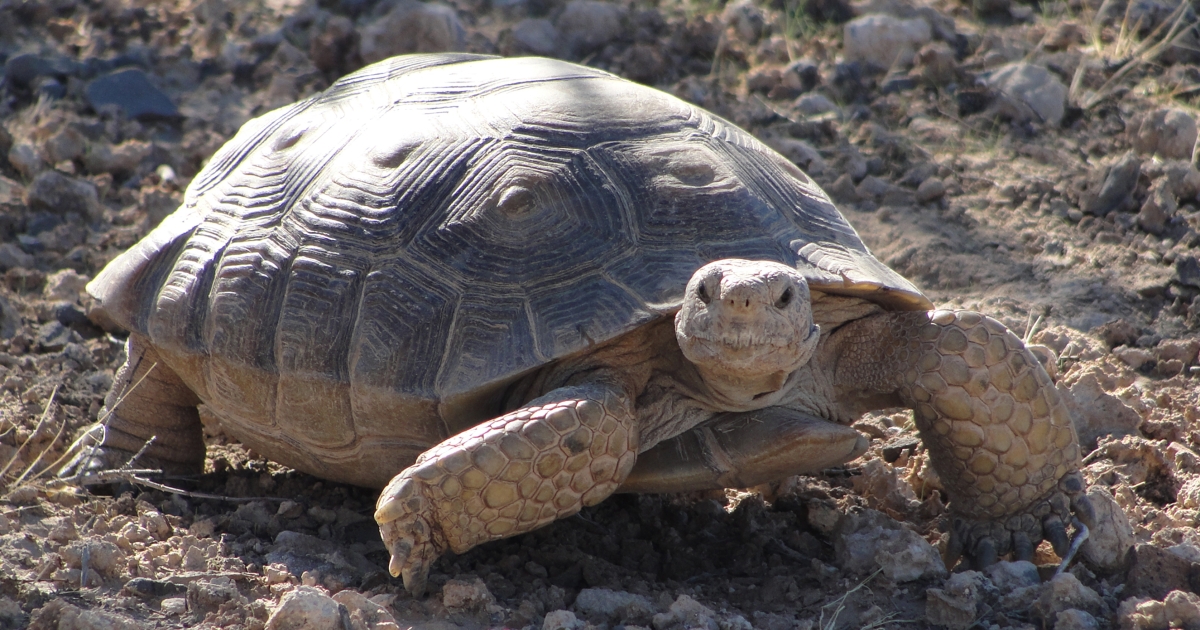So you found a wild Desert Tortoise?
It's essential to respect the legal protection of Mojave and Sonoran desert tortoises throughout Arizona. Since 1988, Arizona State law strictly prohibits any form of harassment, harm, pursuit, hunting, shooting, wounding, killing, trapping, capturing, or collecting of these animals. Understanding the current regulations is crucial, and you can find them online at www.azgfd.com or by contacting a local Arizona Game and Fish Department office.
Encountering a desert tortoise in an open area typically means it is a wild animal going about its life, and it is advised to leave it undisturbed. In cases of potential injury or if you find a healthy tortoise in a populated area, contact the Desert Tortoise Adoption Program at 844-896-5730 for guidance. It is both illegal and detrimental to desert tortoise populations to collect them from the wild.
 In general, it's strongly discouraged to remove any wild animal from its natural environment. Instead of attempting to handle the situation yourself, it is recommended to contact a wildlife rehabilitator for assistance. If you've already picked up a wild animal, the best course of action is to return it precisely to where you found it or place it under/in a nearby shrub.
In general, it's strongly discouraged to remove any wild animal from its natural environment. Instead of attempting to handle the situation yourself, it is recommended to contact a wildlife rehabilitator for assistance. If you've already picked up a wild animal, the best course of action is to return it precisely to where you found it or place it under/in a nearby shrub.
If you are interested in adopting a desert tortoise, the Arizona Game and Fish Department actively facilitates the adoption of numerous captive desert tortoises surrendered to them each year. This proactive approach aims to prevent the release of these tortoises into the wild, thereby mitigating the potential transmission of diseases that could prove detrimental to the native wild population. While desert tortoises offer unique and captivating companionship, it is crucial to recognize that they are unconventional pets, that come with a set of regulations to abide by.
It is illegal to breed desert tortoises. Contact the Desert Tortoise Adoption program coordinator as soon as possible if you recently adopted a female desert tortoise and suspect she may be gravid, or is laying eggs, or if you find hatchlings in your backyard.
Lastly, it's crucial to understand that tortoises native to Arizona must remain in the state. State law prohibits the removal of desert tortoises from Arizona. If a caretaker plans to move or passes away without a succession plan, the tortoise must be returned to an approved adoption facility. If relocation within the state is necessary, contact the nearest adoption facility to update the tortoise's information in their records.



